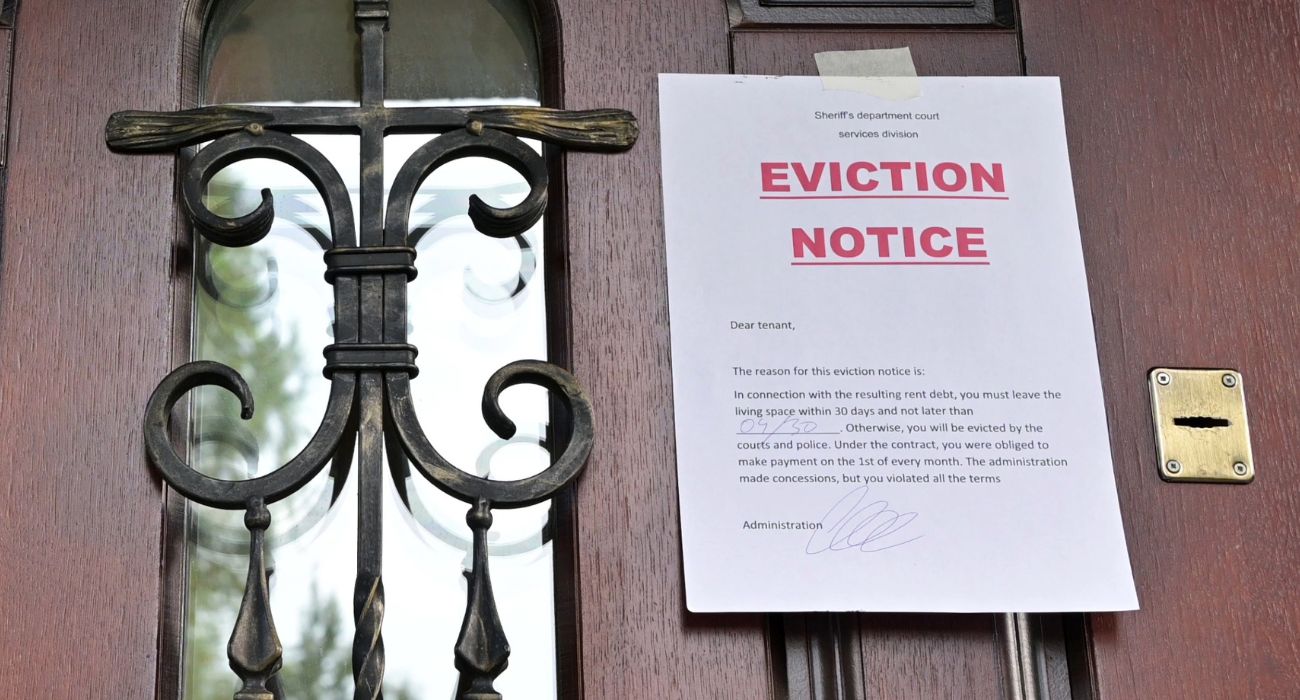The City of Dallas has shortened the time needed by landlords to evict tenants.
Last week, the Dallas City Council voted in favor of an ordinance that replaces the City’s previous eviction ordinance with a temporary one that reduces the time landlords must wait to evict tenants.
The previous ordinance was tied to the COVID-19 pandemic, while the new one is geared toward those falling behind on rent because of “unforeseen economic hardship.”
Previous rules required landlords to provide 21 days’ notice of proposed eviction before posting a notice to vacate. Within those 21 days, the tenant had to provide proof of hardship tied to COVID-19 to extend their eviction protection to 60 days.
The new ordinance requires landlords to give a 10-day notice of proposed eviction, and within those 10 days, tenants must show that they have applied for rental assistance to receive the 60-day extension of their eviction protection.
“You don’t have to be approved. You don’t have to be accepted. Just apply, and show the landlord you did it,” said Mark Melton, an attorney with the Dallas Eviction Center, who added that he worked with the Apartment Association of Greater Dallas to draft the temporary ordinance.
Liz Cedillo-Pereira, assistant city manager, clarified concerns from the council that there may be a “gap period between the COVID-19 ordinance and … the permanent ordinance.”
This temporary ordinance ensures that there is no gap period, according to Cedillo-Pereira.
She said the permanent ordinance will be brought before the Housing and Homelessness Committee on November 15, during which time any questions that the committee might have will be answered.
The earliest that the permanent ordinance would come before the city council is December 14.
“It should be on us for the council to get this adopted, and so I want the push to come from us to continue to move it through,” said Councilmember Jaynie Schultz, District 11.
The Dallas Express will continue to report on the future of this ordinance both at Tuesday’s Housing and Homelessness Committee meeting and the city council meeting in December.







If I was the property owner I would INSTANTLY file suit for recompense against the city the moment an extension against state law happened. The action would be for the taking of property for public use (it is the CITY that is taking the property for use by the tenant under its own volition, not the tenant) without just compensation. What this means is that IF the CITY of Dallas wants to allow the tenant to stay in violation of state law (which takes precedence) then the city must pay the RENT in FULL during that time.
So when you evict, you file it in STATE COURT or FEDERAL COURT, not a JP court or county court with an action against the city as a co-defendant.
REMEMBER this type of action is a violation of constitutional rights under color of law. Just as the C-19 rules regarding evictions were.
TX law:
Eviction proceedings do not mean that a tenant will immediately be removed from their home. There are many steps in the eviction process that each take a certain amount of time. Until a writ of possession is issued, the tenant can remain in their home.